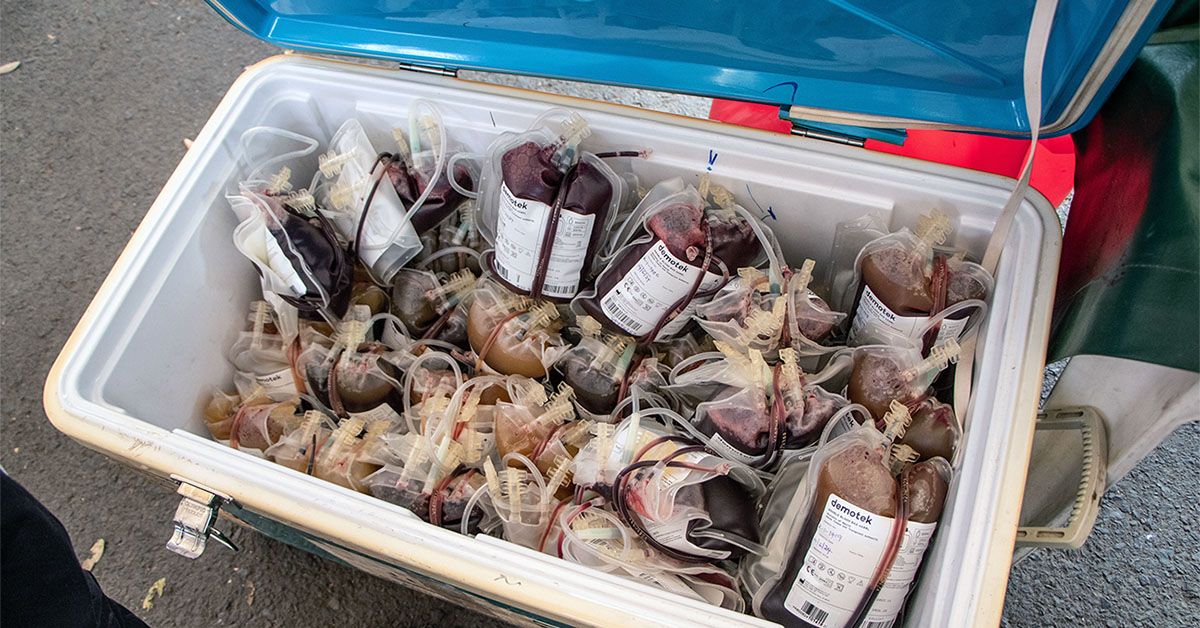A recent study conducted at Massachusetts General Hospital has resulted in the development of a groundbreaking blood test that can assess an individual’s biological aging rate. By analyzing over 200 proteins using machine learning technology, researchers were able to predict an individual’s likelihood of developing 18 age-related diseases and their risk of premature death. This test sheds light on the biological mechanisms that contribute to various age-related diseases, enhancing our understanding of how genetics and environmental factors impact the aging process.
Published in Nature Medicine, the new research suggests that examining the proteome, which encompasses all proteins produced by an organism, could provide a more accurate indicator of a person’s biological age. Unlike previous methods that depended on DNA methylation, analyzing protein levels offers a more direct insight into the processes involved in aging and has the potential to revolutionize drug development strategies. The aim of the study was to create a “proteomic aging clock” that could predict the risk of common age-related diseases by comparing an individual’s biological function to what is expected for their chronological age.
Researchers analyzed data from a vast sample of 45,441 participants from the UK Biobank, validating their findings in two additional biobanks in China and Finland. They identified 204 proteins that accurately predict chronological age, as well as a set of 20 aging-related proteins that maintained 91% accuracy in age prediction. These proteins were found to be linked to the onset of major chronic diseases, including heart, liver, kidney, and lung conditions, neurodegenerative diseases like Alzheimer’s, cancer, multimorbidity, and all-cause mortality risk. Additionally, proteomic aging was correlated with various biological, physical, and cognitive measures such as telomere length, frailty index, and cognitive performance.
The lead author of the study, Austin Argentieri, explained the significance of the research in predicting mortality and 18 different chronic diseases using a single blood test. He emphasized that measuring the proteomic age gap can provide valuable insights into an individual’s biological age and overall health trajectory, helping healthcare providers tailor preventive interventions more effectively. Although the test is still in the development stage and not yet approved for clinical use, it holds promise as a biomarker for assessing the effectiveness of health interventions aimed at aging and multimorbidity.
Christopher Norman, a geriatric nurse practitioner at the National Council on Aging, highlighted the potential of proteomic aging clocks in revolutionizing healthcare by predicting and preventing age-related diseases before they manifest. He emphasized that the test could help healthcare providers assess an individual’s biological age more accurately, leading to better health management and decision-making. By continuously monitoring changes in proteomic age over time, individuals can track the impact of lifestyle modifications on their overall health and well-being.
In conclusion, the development of the proteomic aging clock represents a significant advancement in personalized medicine by offering a comprehensive assessment of an individual’s biological age and health risks. As researchers continue to refine and validate this innovative tool, the potential for predicting and preventing age-related diseases has never been more promising. With further research and development, proteomic aging clocks could revolutionize healthcare by enabling early intervention and personalized preventive strategies for individuals across diverse populations. Ultimately, this groundbreaking technology has the potential to transform the way we approach aging and disease management, leading to improved health outcomes and quality of life for individuals worldwide.










